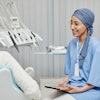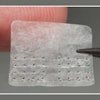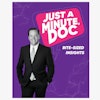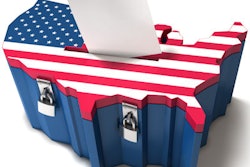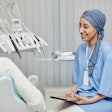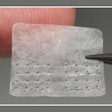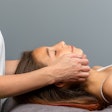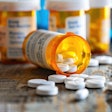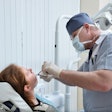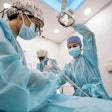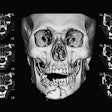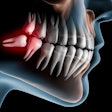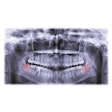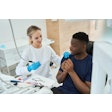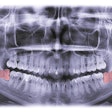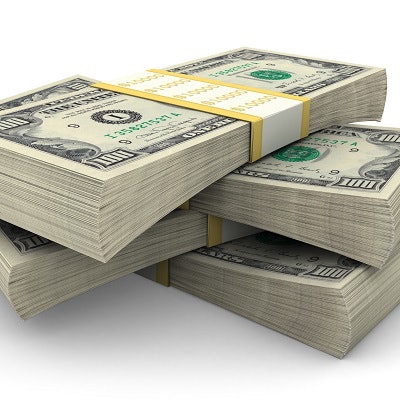
Oral and maxillofacial surgeons donated nearly $5 million to political campaign committees in the last decade to help influence U.S. elections, but the top dollars didn't go to the big parties, according to an abstract published on September 15 in a Journal of Oral and Maxillofacial Surgery supplement.
Between 2013 and 2022, surgeons gave more money to nonpartisan-affiliated committees than to their Republican and Democratic counterparts. Geography also played a role in spending patterns, with clinicians in Texas spending the greatest total amount in donations, the authors wrote.
"With high levels of political activism across both time and geography, the specialty has the potential to influence future health care policy and patient care in local, state, and federal elections," wrote the authors, led by Dr. Jack A. Harris, an oral and maxillofacial surgery resident at the University of Miami in Florida.
To calculate how much oral and maxillofacial surgeons have been spending on political committees over the last decade, the authors conducted a longitudinal retrospective study that used data from the U.S. Federal Election Commission database. The database only includes donations made by individuals that totaled $200 or more over a two-year election cycle.
During the study period, 4,116 oral and maxillofacial surgeons made 21,799 political contributions totaling $4,951,415.80. Though more individual donations were made to Republicans, the highest amount of money went to nonpartisan committees, they wrote.
| Donations made to political committees by party affiliation (2013-2022) | |
| Nonpartisan | $2,213,038 |
| Republican | $2,187,478 |
| Democrat | $550,898 |
By state, the highest political contributions to Republican, Democrat, and nonpartisan-affiliated committees were Texas ($253,014), New York ($95,084), and California ($193,968), respectively, according to the abstract. As for location, surgeons in the Lone Star State spent the most at $445,914. Doctors in Wyoming donated the least at $300, the authors wrote.
The study noted no limitations, but the suggested impact is quite large. Clinicians' political affiliations may affect healthcare policies and patient care in the U.S. through their political donations, they wrote.
"The majority of political contributions made by the specialty are directed toward nonpartisan and Republican committees, substantiating previous findings that oral and maxillofacial surgeons affiliate more with Republican organizations," Harris and colleagues wrote.

